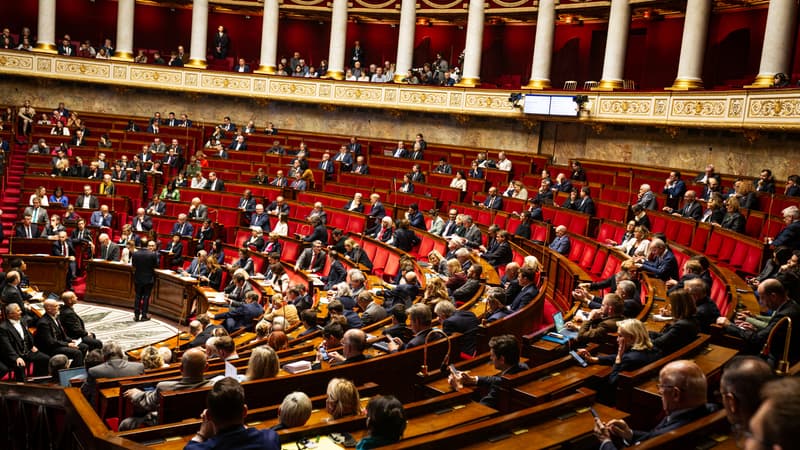It’s the beginning of the budget marathon. The draft budget for France for 2026 is being examined starting this Monday in the Finance Committee of the National Assembly, at the beginning of a high-stakes parliamentary battle for Sébastien Lecornu’s government that hopes to be approved before December 31.
The draft budget plans to reduce the budget deficit to 4.7% of gross domestic product (GDP), from 5.4% in 2025, with an assumption of 1% growth and 1.3% inflation. The debt-to-GDP ratio would rise to 117.9% from 115.9% in 2025. According to the Higher Council of Public Finance, this represents a structural effort of more than 30 billion euros, including around 17 billion in spending cuts and 14 billion in new revenues.
The main proposed lines
- State spending must be reduced next year, excluding debt burdens and military spending, by up to €6.7 billion compared to 2025, through a “substantial spending control effort” that will result in “a fall in the value of ministerial credits.”
- Spending on health and autonomy would increase by 5 billion euros, but would remain “controlled thanks to efficiency measures.”
- In terms of income, the government plans to expand the differential contribution to high incomes and introduce a tax on the financial assets of asset holding companies for a total of €2.5 billion in expected income.
- The exceptional contribution to the profits of large companies would also be expanded, but with a percentage reduced by half compared to 2025, for a total of 4 billion euros of expected income.
- The 10% reduction for “professional expenses” on retirees’ income would be replaced by a flat-rate reduction of 2,000 euros.
- The government plans to eliminate around twenty tax and social loopholes for some €5 billion of expected revenue.
- Income tax and CSG scales would be frozen for 2.2 billion expected revenues.
- The contribution to business added value (CVAE) would be reduced, for an expected cost of 1.3 billion euros, with the aim of eliminating it in 2028.
- Among the other proposed measures are the introduction of a tax on small packs linked to the massive growth of cross-border online trade, especially from Asia, and the imposition of taxes on all smoking products, whether or not they contain nicotine, to “respond to the development of vaping”.
Source: BFM TV


